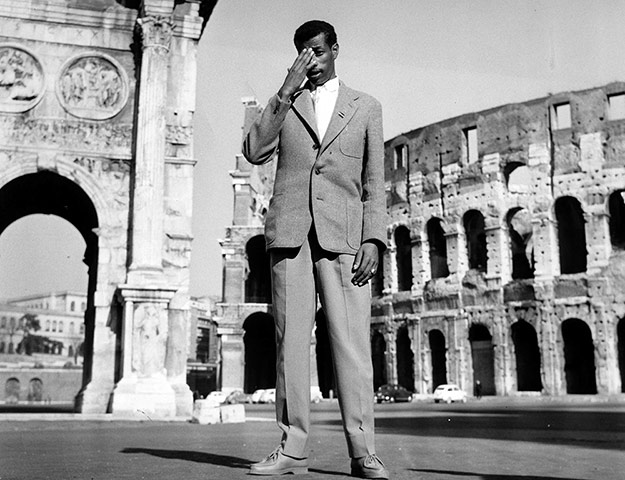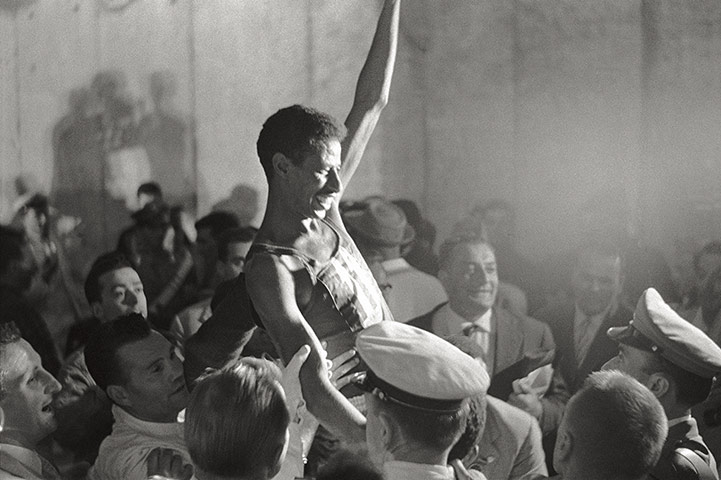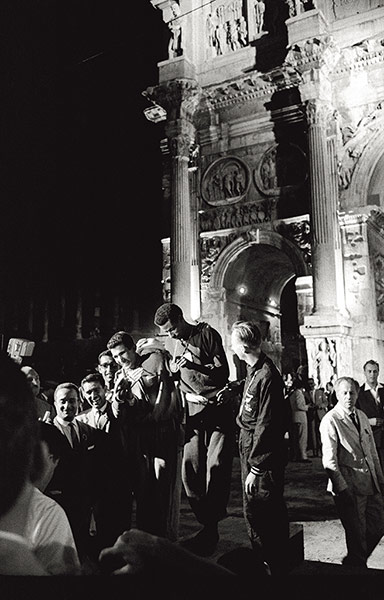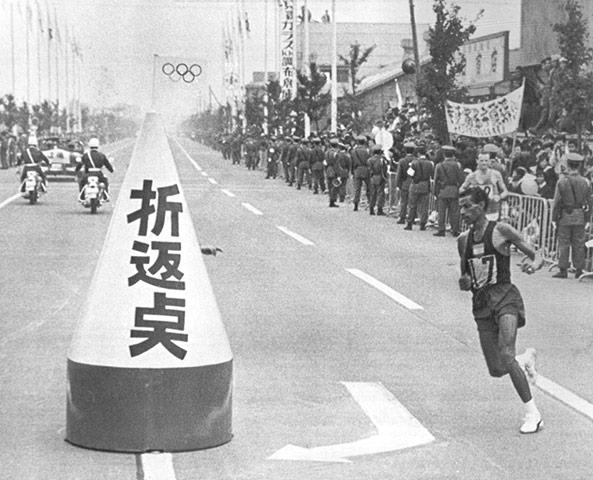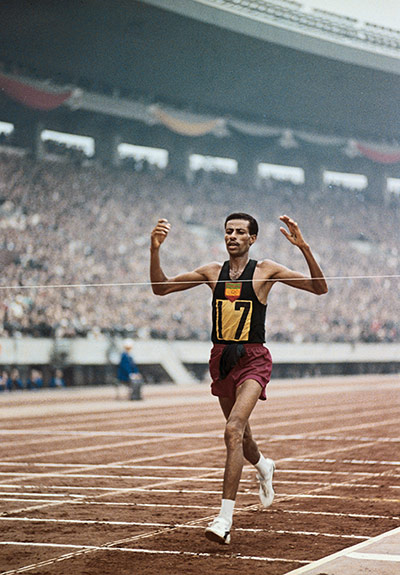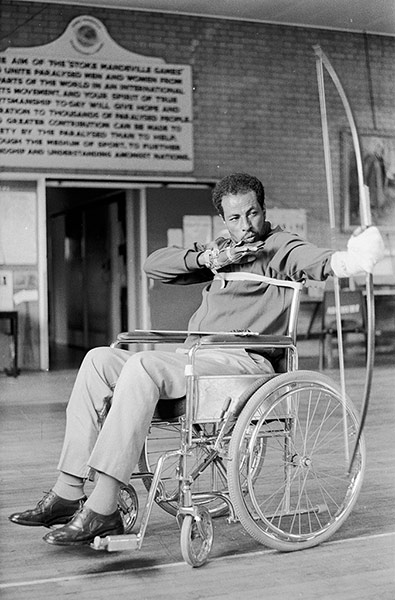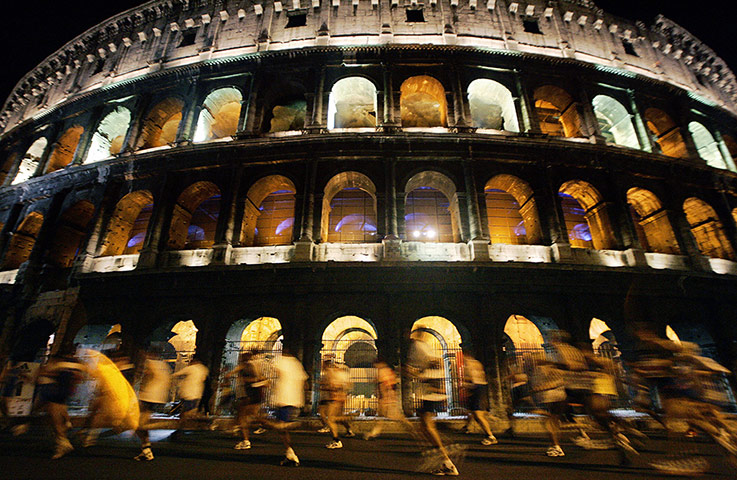Comment on this story

Bongarts/Getty Images
Ethiopians Shami Dawit, pictured, and Seboka Diriba Tola broke local marathon records in winning the men's races in Hamburg and Dusseldorf.
Hamburg – Ethiopians Shami Dawit and Seboka Diriba Tola broke local marathon records in winning the men's races in Hamburg and Dusseldorf Sunday.
Dawit posted 2 hours 5 minutes 58 seconds over the 42.195
kilometres in Hamburg, bettering the previous best mark in the northern German city of 2:06.52 set by Julio Rey of Spain in 2006.
Ethiopian Dadi Yami was second in 2:07:01, with Augustine Ronoh of Kenya third in 2:07:23. The women's race was won by Rael Kiyara of Kenya in 2:23:47.
Tola and Kenyan Agnes Jeruto set course records in winning the men's and women's races in Dusseldorf.
Tola crossed the line in 2:08:27, edging Duncan Koech of Kenya (2:08:33) and Abraham Kiprotich of France (2:08:35).
Jeruto clinched the women's race in 2:25:49 ahead of Nastassia Staravoitava of Belarus (2:27:24) and Melkam Gisaw of Ethiopia (2:27:50). – Sapa-dpa

